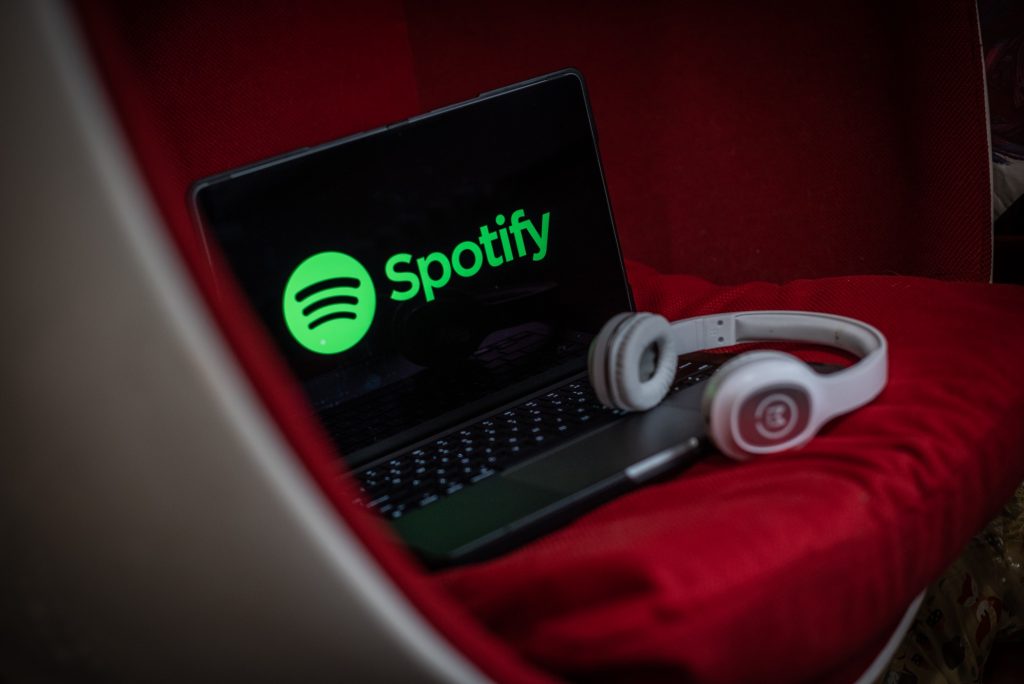In an unexpected turn of events, the acknowledged leader in music streaming, Spotify, has decided to end its Ambassador Ads program relationship with white-noise podcasters. According to a Bloomberg article, this dramatic shift in approach, which is set to go into effect in October, aims to refocus its advertising expenditures on more lucrative channels. Following the early-year layoff of 600 employees, the corporation is making a larger effort to reassess its goals and optimize its operations, which includes this step.
White-noise podcasts, a niche within the podcasting world, have gained popularity for their calming and relaxing loops of sounds, ranging from rain showers and bird chirps to pure static noise. These podcasts have found a dedicated audience among those seeking background noise for sleep, meditation, or focused study. For some content creators in this genre, the financial rewards have been substantial. One such creator, who transitioned from a conventional job to full-time white-noise podcasting, disclosed earnings of $12.25 per 1,000 listens, which translated to a staggering $18,375 monthly income.
However, Spotify’s decision to exclude white-noise podcasts from its Ambassador Ads program reflects a reevaluation of its marketing budget. An anonymous source cited by Bloomberg suggests that these podcasts, often played as background noise, do not align with the company’s advertising objectives. Additionally, Spotify is raising the eligibility threshold for other podcasters to join the Ambassador Ads program, now requiring 1,000 unique Spotify listeners within the past 60 days, up from the previous requirement of 100.
Spotify’s internal memo, obtained by Bloomberg, reveals that the company estimates it could save approximately $38 million annually by steering listeners away from white noise content and towards more financially promising programming. This strategic shift underscores Spotify’s commitment to optimizing its resources and delivering a more focused advertising strategy.
While some white-noise podcasters who have found success on the platform may be disappointed by this decision, it illustrates the dynamic nature of the streaming market and the ongoing requirement for businesses like Spotify to adjust to shifting market factors. It remains to be seen how this change would impact both content producers and listeners in the constantly changing world of digital streaming as Spotify strives to strike a balance between its profitability and audience engagement.

